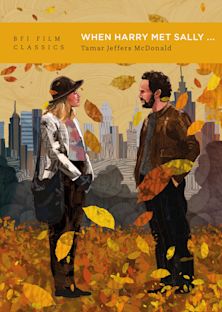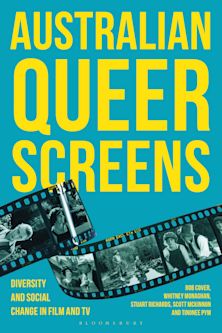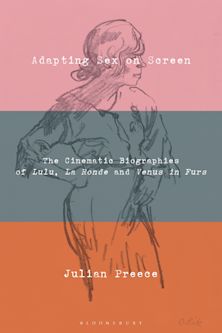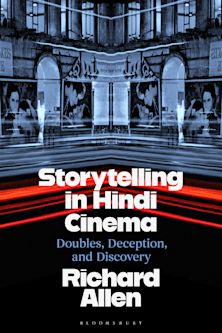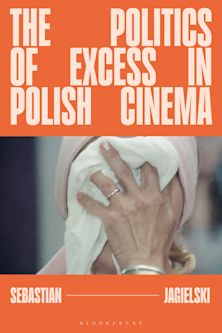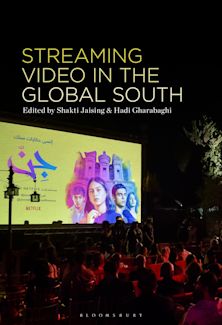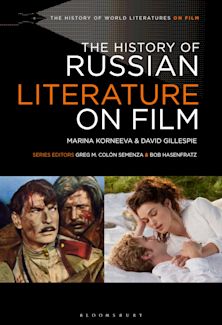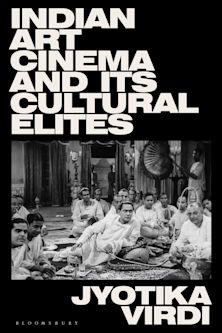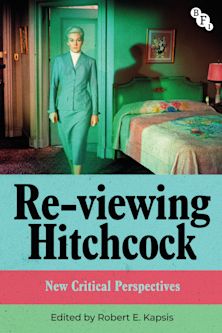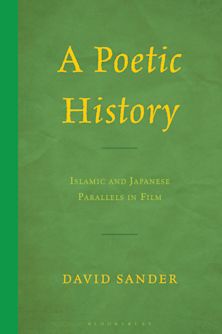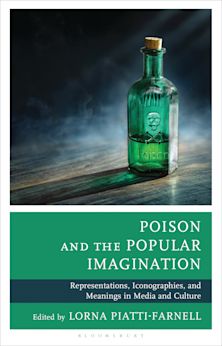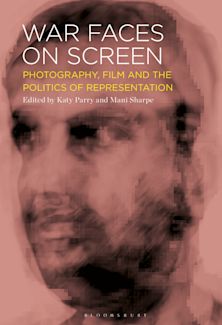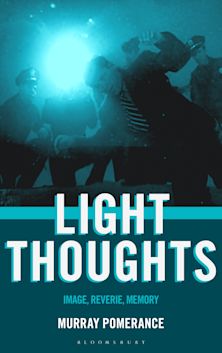- Home
- ACADEMIC
- Film & Media
- Film History
- Ayn Rand and Song of Russia
This product is usually dispatched within 2-4 weeks
- Delivery and returns info
-
Flat rate of $10.00 for shipping anywhere in Australia
You must sign in to add this item to your wishlist. Please sign in or create an account
Description
In October 1947, more than twenty years after leaving Russia, Ayn Rand testified before the House Un-American Activities Committee (HUAC), which was investigating communist infiltration of the motion picture industry. The focus of that testimony was Song of Russia, a 1944 pro-Soviet film that Rand decried for its unrealistic, absurdly flattering portrait of life in the communist country.
Ayn Rand scholar Robert Mayhew focuses on this controversial period of American and Hollywood history by examining both the film and the furor surrounding Rand's HUAC testimony. His analysis provides the first detailed history of any of the pro-Soviet films to come out of 1940s Hollywood. Mayhew begins by offering a brief synopsis of the MGM film, followed by an account of its production, as well as its reception. Most significantly, Mayhew analyzes Rand's appearance before HUAC and discusses the response to her much-maligned testimony.
By carefully scrutinizing this one episode in the history of communism and anti-communism in 1940s Hollywood, Mayhew presents a more accurate picture of those times and the issues surrounding them. His study allows for a re-evaluation of the role of communism in Hollywood, the nature of the HUAC, and even the Hollywood Ten.
This book should be of interest to anyone interested in the life and thought of Ayn Rand, as well as to anyone interested in the history of Hollywood communism and of American film.
Table of Contents
Part 2 A Note on the Hollywood Ten and the Lubyanka Thousand
Part 3 Part I: Distorting Facts: Song of Russia
Chapter 4 Chapter 1. Song of Russia: A Synopsis
Chapter 5 Chapter 2. The Making of Song of Russia
Chapter 6 Chapter 3. Reactions to Song of Russia
Part 7 Part II: Ayn Rand's 1947 HUAC Testimony
Chapter 8 Chapter 4. From Russia to Washington, D.C., via Hollywood
Chapter 9 Chapter 5. Ayn Rand on the House Un-American Activities Committee
Chapter 10 Chapter 6. Big Lies: Song of Russia versus Soviet Russia-An Analysis of Ayn Rand's HUAC Testimony, Part 1
Chapter 11 Chapter 7. Noble Lies: Reflecting the Standard Defense of Song of Russia-An Analysis of Ayn Rand's HUAC Testimony, Part 2
Chapter 12 Chapter 8. Russian Smiles: The Leftist Response to Ayn Rand's HUAC Testimony
Part 13 Conclusion
Part 14 Appendix 1: Ayn Rand's HUAC Testimony
Part 15 Appendix 2: Files on Song of Russia at the Margaret Herrick Library
Part 16 Appendix 3: From the FBI Files: The Schedule for the 1947 HUAC Hearings
Part 17 Appendix 4: From the FBI Files: The Motion Picture Alliance and the "Other Blacklist"
Part 18 Select Bibliography
Part 19 Index
Part 20 About the Author
Product details
| Published | 03 Dec 2004 |
|---|---|
| Format | Paperback |
| Edition | 1st |
| Extent | 232 |
| ISBN | 9780810852761 |
| Imprint | Scarecrow Press |
| Dimensions | 228 x 174 mm |
| Publisher | Bloomsbury Publishing |
About the contributors
Reviews
-
Including an excellent bibliography, this volume is a welcome addition to all collections that include works on HUAC and the Hollywood film industry. Highly recommended. All levels.
Choice Reviews
-
...Mayhew feels passionately about his subject, which he presents in exhaustive detail.
American Communist History
-
In October 1947, Ayn Rand testified before the House Un-American Activities Committee, which was investigating communist infiltration of the movie industry. The focus of her testimony was Song of Russia, a pro-Soviet film that Rand decried for its unrealistically flattering portrait of life under communism in her native country. Mayhew (philosophy, Seton Hall, U., NJ) examines the film and the furor that surrounded Rand's testimony. He provides a detailed history of the 1944 film's production and reception as well as an analysis of Rand's much-maligned HUAC appearance and the response to it. His study allows for a re-evaluation of the role of communism in Hollywood, the nature of the HUAC, and even the famously blacklisted Hollywood Ten. Of interest to those studying the life and thought of Rand, the history of Hollywood communism, or American film.
Reference and Research Book News













